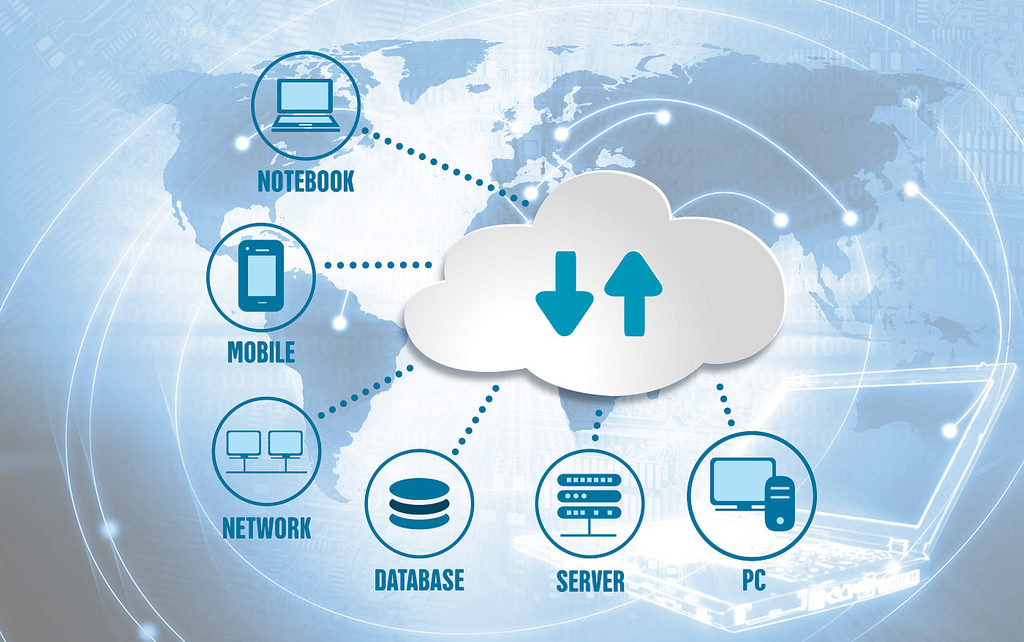Important Database Management Questions

The data management system acts as a boundary between the end-user and the database, which means data management, data engine, and database schema to facilitate data planning and use.
Features of the current DBMS data management system and capabilities can be accessible catalog descriptive metadata, library management system, data extraction and autonomy, data security, drug logging, and job evaluation, financial support and transactions, access authorization support, remote access support, support of data in the event of injury and enforcement constraints to ensure that the data must follow a set of rules. Along with DBMS, SQL is also an important aspect that a student must know about. Follow this link at (http://www.crunchytricks.com/2015/10/mysql-interview-questions-with-answers.html) where we have a huge collection of MySQL interview questions along with answers. We are sure these questions will help freshers as well as professionals in the field. Download the PDF now!
Other Important Questions for DBMS:
- Define a Web site.
Collection of data designed to be easily accessible, managed, ad-updated. To summarize, a database can be categorized by type of content: full text, notebook, numbers, and photos.
Sometimes a database is categorized according to the organization’s approach to computer use. Relationship databases are a very widespread, descriptive table database in which data is defined as reorganized and accessed in various ways. The shared website can be deleted or duplicated on the network between different points. An object-oriented website is similar to the data described in the item categories and subheadings.
Simply put, a data manager can provide the ability to control read or write access, specify report generation, and analyze user usage.
- What is DBMS?
DBMS is a computer program that controls the creation, storage, and use of data. Allows permission to schedule data development controls in the hands of database administrators (DBAs) and other professionals. Its package facilitates the use of an integrated collection of data records and files known as databases. DBMS has a variety of data models, such as network or affiliate models. DBMS allows users and other software to store and retrieve data systematically on a large system. The user can simply ask questions by asking instead of writing a computer program. Therefore, many DBMS packages offer 4th Generation program language and other features. It is helpful to identify the database’s logical organization and access and use the information within the database. DBMS also helps in logically presenting database
information to others.
- What is the need for a DBMS?
The DBMS can help address the issue of staff accounting and the scope of many of the most repetitive situations related to cost, order status, or asset management by delivering identical data to every person in the organization at the same time. DBMS also eases the search for the correct spreadsheet version for a large and informal network drive and makes the task easier.
The DBMS allows the business to compress more value from the data and assist in decision-making.
It is useful for data management at a time when high data management is critical to business success.
DBMS is considered as a powerful tool used to store data, protect it, and make it readily available to people in need.
- What is data?
Data is personal data, statistics, or information objects, usually containing numbers naturally collected by the view. One data means details.
In computer language, information is translated into a form that is easy to submit or process. Depending on modern computers and media sources, data is highly converted into digital binary form.
- What is SQL (Structured Query Language)?
SQL, a database language designed to manage data in relational database management systems (RDBMS), is based on relational algebra and calculus. It can include data, query, update and delete, schema creation and modification, and data access control. SQL was one of the first trading languages in the EDGAR F. CODD relationship model.
SQL is a DSL (Data Sub Language), a combination of Definition Language and Control Language.
- What are the benefits of DBMS?
• Data is compatible and accurate to the database.
• DBMS provides a better privacy platform and helps companies provide better data security.
• Reduced data reduction (residual).
• Reduces labor costs and recovery costs.
Improves data access for users.
• Easy recovery and backup.
• DBMS allows everyone to understand data better and has a clear and simple vision
- What are the disadvantages of DBMS?
• It needs trained and skilled management and care staff.
• Its software and hardware costs are high.
• Database programs are complex, complex, and time-consuming.
• Damage to the database will affect all applications.
• Data conversion costs are high.
- What is an Adjective?
In general, quality is a factor. An adjective in DBMS refers to a piece of data, such as a table. An adjective in a table is a column with words or set as important structures that describe a particular body. An attribute can contain a name, roll no, age, surname, etc. Attributes have details of an object, i.e., students as an object. Relationships attributes can appear in random order and convey the same meaning in any order. Attributes are organized into attributes that are used to identify a particular body.
- What is a data dictionary?
A data dictionary is defined as a well-stored data center on Google. The data dictionary does not contain actual database data but contains all specific definitions of words and symbols used in the database. It is a DBMS catalog containing information such as data types, relationships, and data issues. Its job is to convey information about who is authorized and what their right of access is.